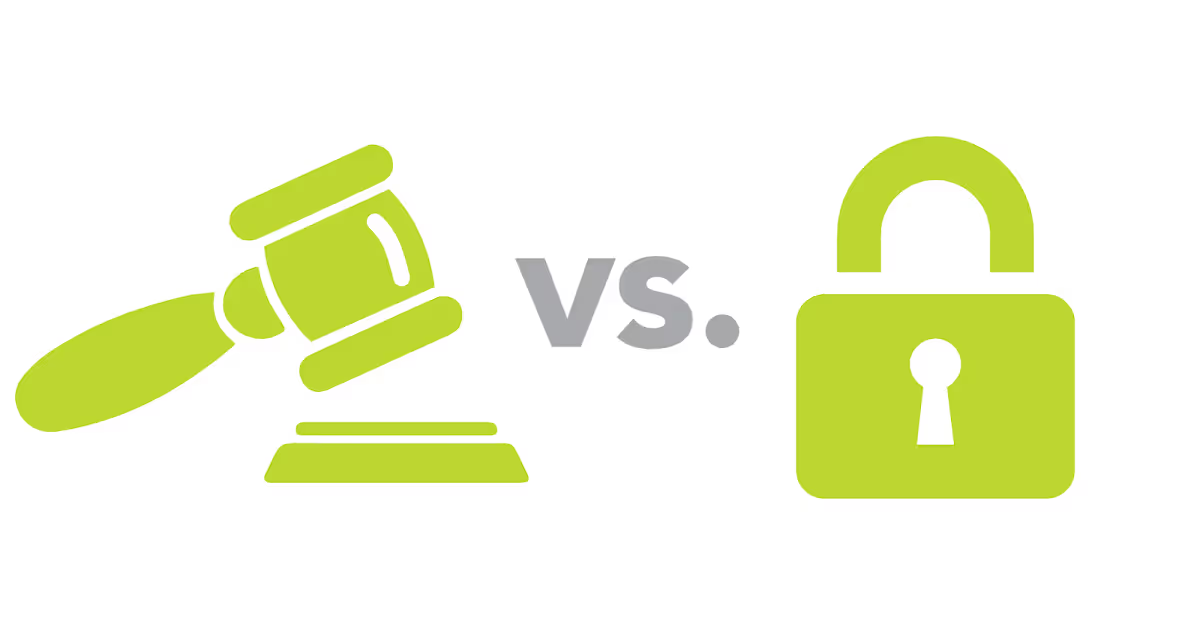Your HIPAA Privacy Requirements Might Not Be Completed
Understand HIPAA Privacy and Security Rules, and how they apply to your organization.

Understand HIPAA Privacy and Security Rules, and how they apply to your organization.

When you think about Health Insurance Portability and Accountability Act (HIPAA) compliance, you may think of carefully guarding patient information from outsiders, privacy practice documentation, breach response policies, and individual patient rights surrounding patient health information (PHI).
See also: What Are Addressable HIPAA Requirements?
What you might not consider is the more technical side of HIPAA, which contains rules about privacy and protecting patient data through the use of ‘reasonable and appropriate’ technologies. These technologies consist of firewalls, disk encryption, remote access, two-factor authentication, internal/external vulnerability scans and other applications and systems that may be required for your unique environment.
So, has your office implemented or considered technological safeguards? Many think they have…until a breach or audit provides an expensive education.
The healthcare industry is extremely familiar with the HIPAA Privacy Rule, but the same rules, regulations and policies that regulate it do not necessarily extend to the Security Rule. The Security Rule revolves around safeguarding the systems that house or transmit electronic PHI, and has many technical requirements that even competent IT departments may not be qualified to complete.
See also: HIPAA Security Rule: Fulfilling Requirements and Addressing Healthcare Security Issues
While policies generated by lawyers or CPAs that outline data safeguarding practices are essential, the implementation of those policies is even more important. A HIPAA privacy or HIPAA security policy itself doesn’t cover a business from the effects of data loss or breach, but through policy implementation, an organization stands a much better chance against data thieves.
Because HIPAA security rules and implementation requires advanced/technical knowledge, many don't know where to begin.
See also: Balance MobileConvenience and PHI Security
Here is a list of recommendations I usually give to small healthcare practices regarding their HIPAA compliance. Following the tips on this list will help you avoid potential audits, patient data compromise, or breach fines.
See also: Is Working From Home HIPAA Compliant?